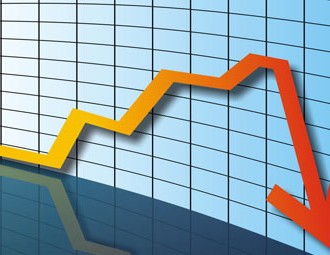Officially: Belarus’ GDP declined by 3.9% in 2015
20.01.2016 | Economy

Gross Domestic Product in Belarus decreased by 3.9% in comparison with the previous year and amounted to BYR 869.7 trillion, National Statistical Committee of the Republic of Belarus informs.
The first GDP estimates of the Republic of Belarus for 2015 have been carried out. Let us note that according to the official data, the decline affected all economic fields.
In 2015, GDP at current prices was BYR 869.7 trillion, down by 96.1% at constant prices compared with 2014. GDP deflator for 2015, relative to prices of 2014, was 116.4%.
-
03.01
-
07.10
-
22.09
-
17.08
-
12.08
-
30.09










































